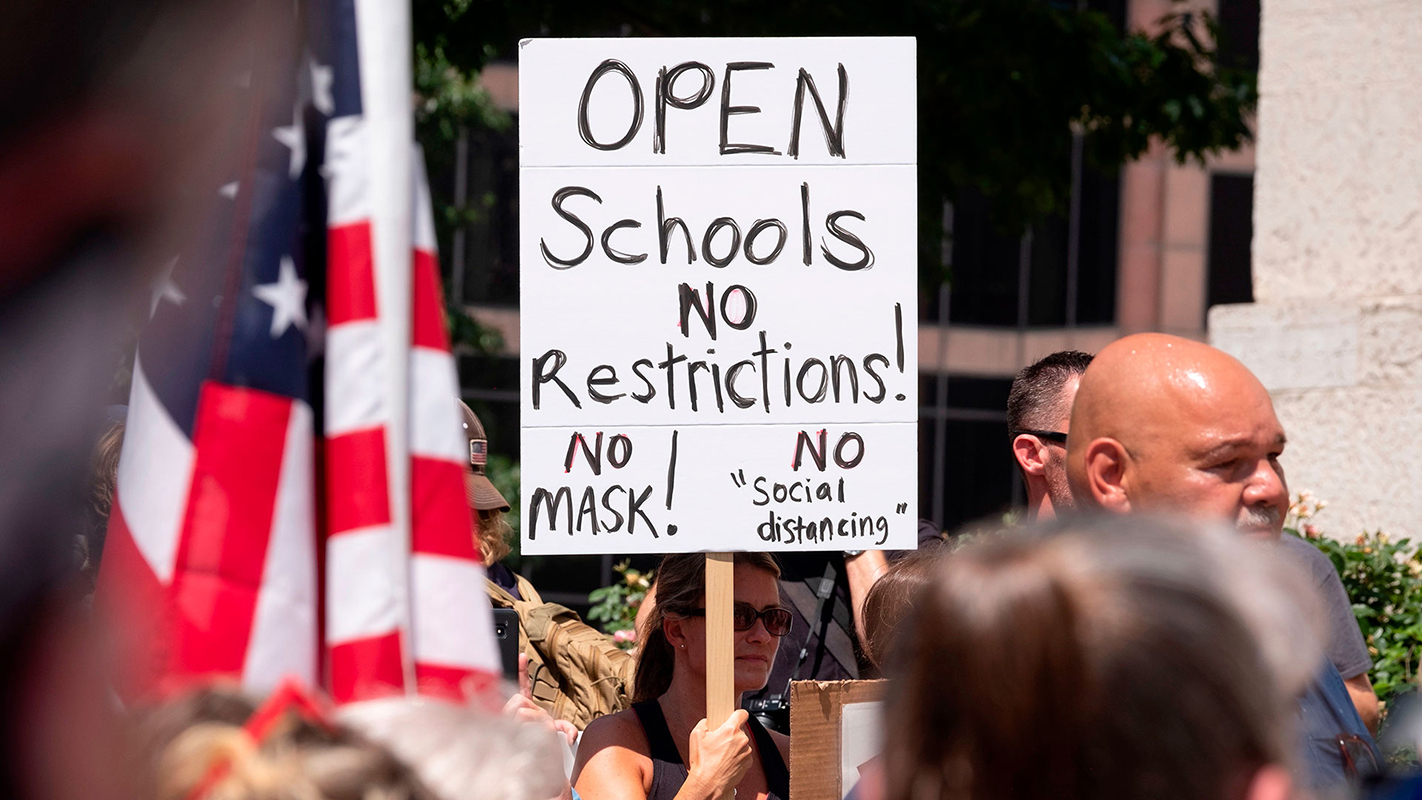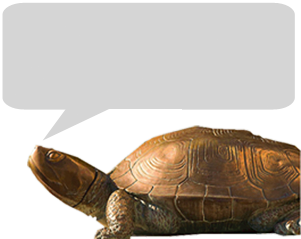‘Tight’ cultures had fewer cases, deaths from COVID-19, new Gelfand research shows
‘Tight’ cultures had fewer cases, deaths from COVID-19, new Gelfand research shows

With a death toll nearing 450,000—claiming more American lives than World War II—COVID-19 is far from under control in the United States. That could be due in part to our “loose” culture, finds new research led by Distinguished University of Maryland Professor of Psychology Michele Gelfand.
In findings published January 29 in The Lancet Planetary Health, Gelfand and colleagues showed that “looser” nations—those with relaxed social norms and fewer rules and restrictions—had five times more cases and over eight times more deaths from COVID-19 than “tighter” countries during the first ten months of the pandemic, taking into account a number of factors.
Researchers examined data from 57 countries in the fall of 2020 using the online database “Our World in Data,” which provides daily updates on COVID-19 cases and deaths. They paired this information with previous research classifying each of the countries on a scale of cultural tight- or looseness. Results revealed that nations categorized as looser—like the U.S., Brazil and Spain—experienced significantly more cases and deaths from COVID-19 by October 2020 than countries like South Korea, Taiwan and Singapore, which have much tighter cultures.
“This is the first time we have been able to examine how countries around the world respond to the same collective threat happening simultaneously,” Gelfand said. “Our past research suggested that tight cultures may be better equipped to respond to a global pandemic than loose cultures because they may be more willing to cooperate with rules. Our results supported this idea.”
Tightness-looseness theory, pioneered by Gelfand, holds that cultures with stricter social norms are less tolerant and have harsher disciplinary measures for people who deviate from norms, while looser societies have weaker norms and a higher tolerance for violations, but also foster more creativity and openness. Gelfand and her team found that tight cultures have generally faced more ecological and human-made threats than loose ones, both in modern nations and non-industrial societies.
Researchers have now discovered loose cultures are struggling with the current global threat—COVID-19—and replicated their findings when controlling for underreporting, wealth, inequality, population density, migration, government efficiency, political authoritarianism, median age, climate and other factors. Computer simulations developed with game theorist Dana Nau in Computer Science and the Institute for Systems Research and psychology doctoral student Xinyue Pan also showed similar results.
Additionally, an analysis of data available from 22 of the countries revealed people in loose cultures had far less fear of COVID-19 compared to tight cultures: 70% of people in tight nations said they were very scared of catching the virus, while only 49% of people in loose cultures said the same.
“This was very surprising to us as fear normally increases during a collective threat, which facilitates tightening,” Gelfand said.
It’s what scientists call an “evolutionary mismatch,” Gelfand explained. This happens when traits that are adaptive in one environment can become a liability when the environment changes.
“Our rule-breaking spirit in the U.S. is great for creativity and innovation, but it’s not well-matched to dealing with a collective threat.”
In preparation for later waves of COVID-19 and future pandemics, Gelfand said societies can learn from what tight countries have done that helped them be so successful. In Taiwan, for example, increased self-regulation and voluntary participation in physical distancing, wearing masks and avoiding large crowds enabled the country to keep both the infection and mortality rates low without shutting down the economy entirely. By contrast, countries such as the U.S. and Spain have struggled to contain the virus and citizens were more likely to violate rules put in place.
Gelfand and colleagues suggest interventions are needed to strengthen acceptance of behaviors such as physical distancing and wearing face masks, particularly in loose cultures. They note that while social norms do not change instantaneously, decades of research in behavioral economics, political science and psychology shows they can be changed.
“We believe interventions to tighten cultures during COVID-19 can be successful if they are tailored to fit differences in countries’ unique circumstances,” Gelfand said. “The faster we tighten, the faster we’ll reduce the threat, and the faster we’ll be able to restore freedom. Above all, we need more ‘cultural ambidexterity’—the ability to tighten and loosen based on how much danger we’re actually facing.”
The research team also included scholars from the University of North Carolina at Chapel Hill, the University of Florida, Al Mustakilla Research Group in Jordan, Vrije Universiteit Amsterdam in The Netherlands and the Chinese University of Hong Kong.
— ISR thanks Sara Gavin of the College of Behavioral and Social Sciences for this story.
Related Articles:UMD developing COVID-19 decision making tools for colleges
Crime and punishment: interdisciplinary researchers explain ‘third party’ evolution
Big Data for Decision Makers
Public health planners: Free resources for emergency health clinics
Advancing Healthcare through Robotics and Machine Learning
January 29, 2021
Prev Next
Connect
Did You Know

UMD is the only major public research university inside the Washington, DC beltway!!
